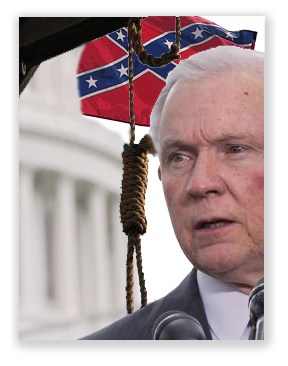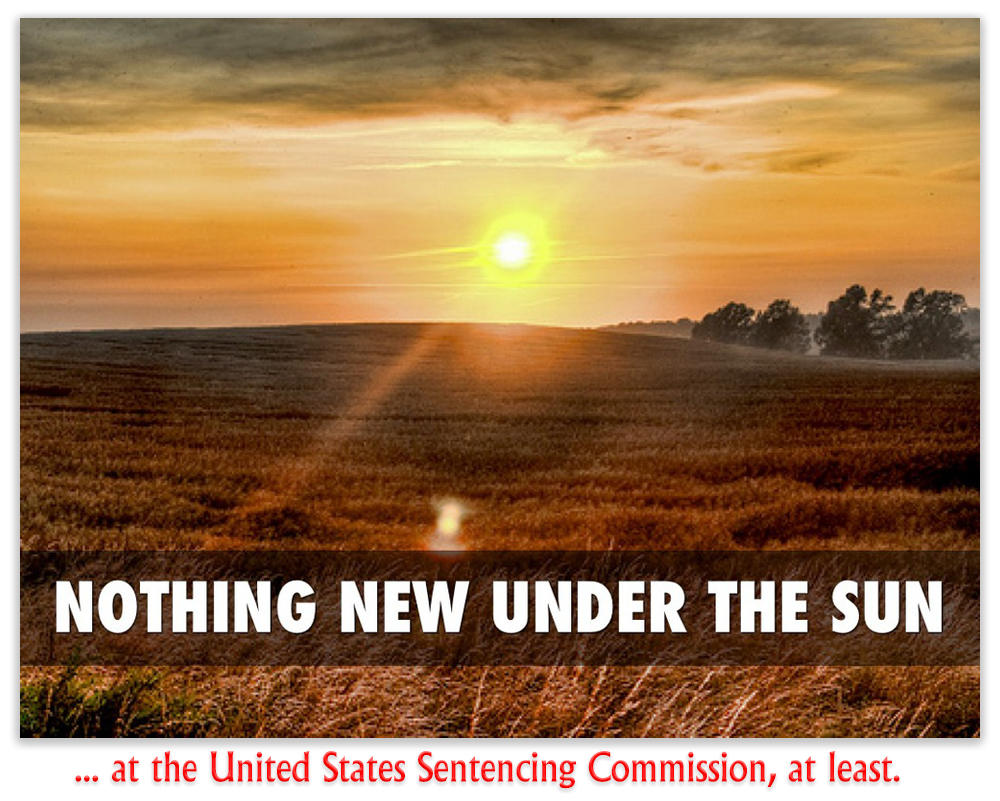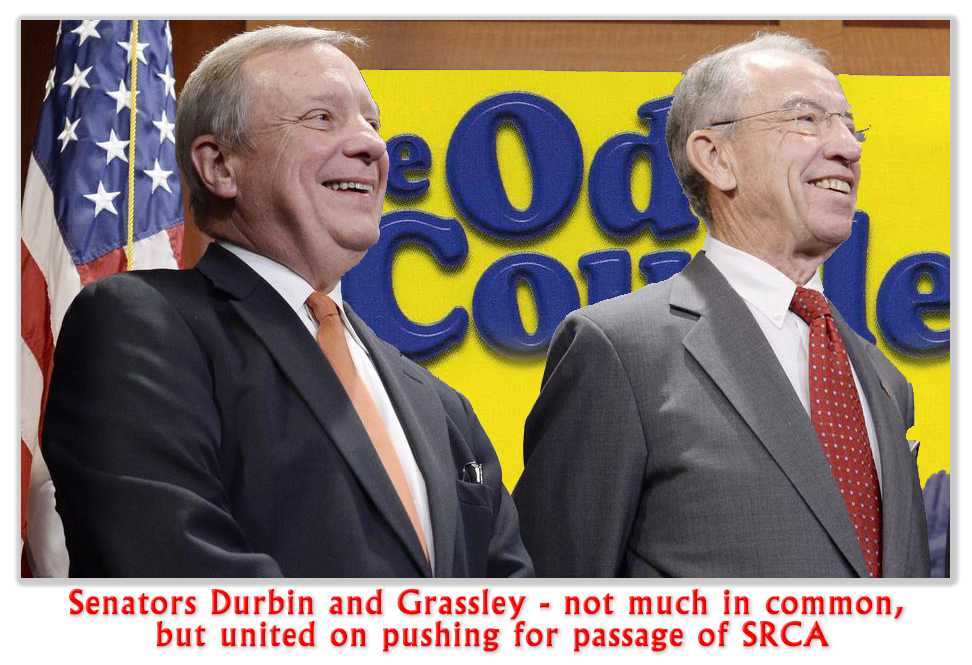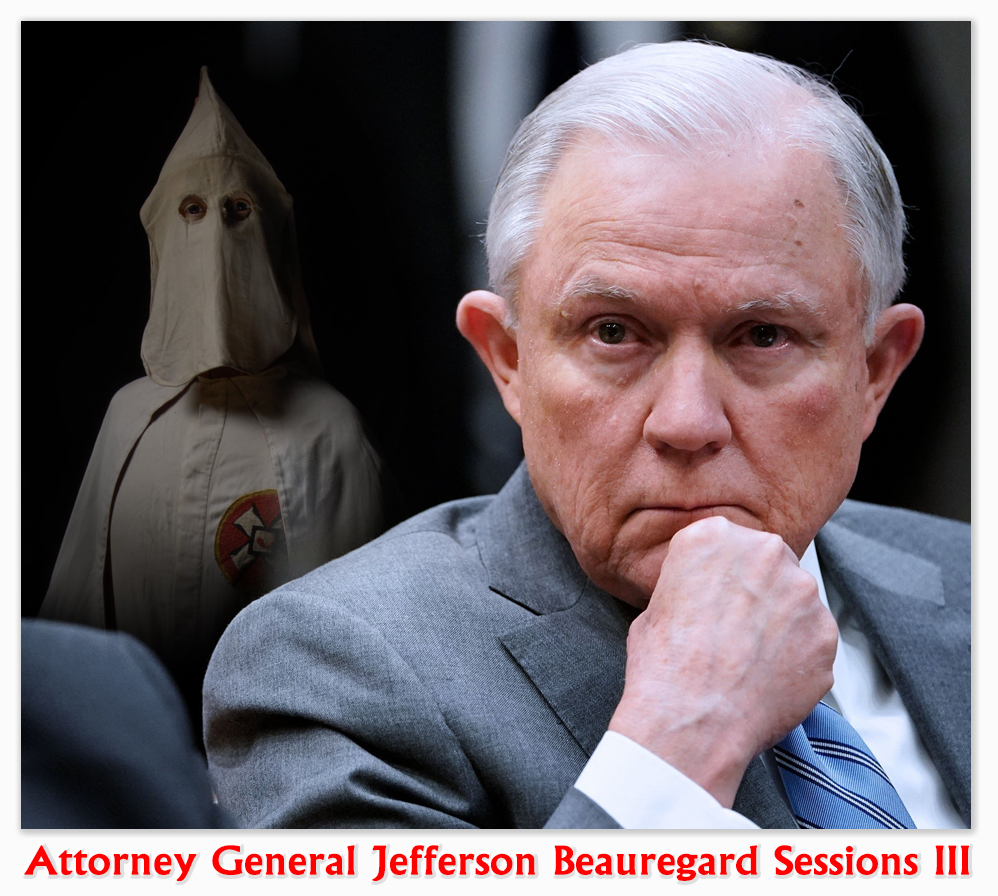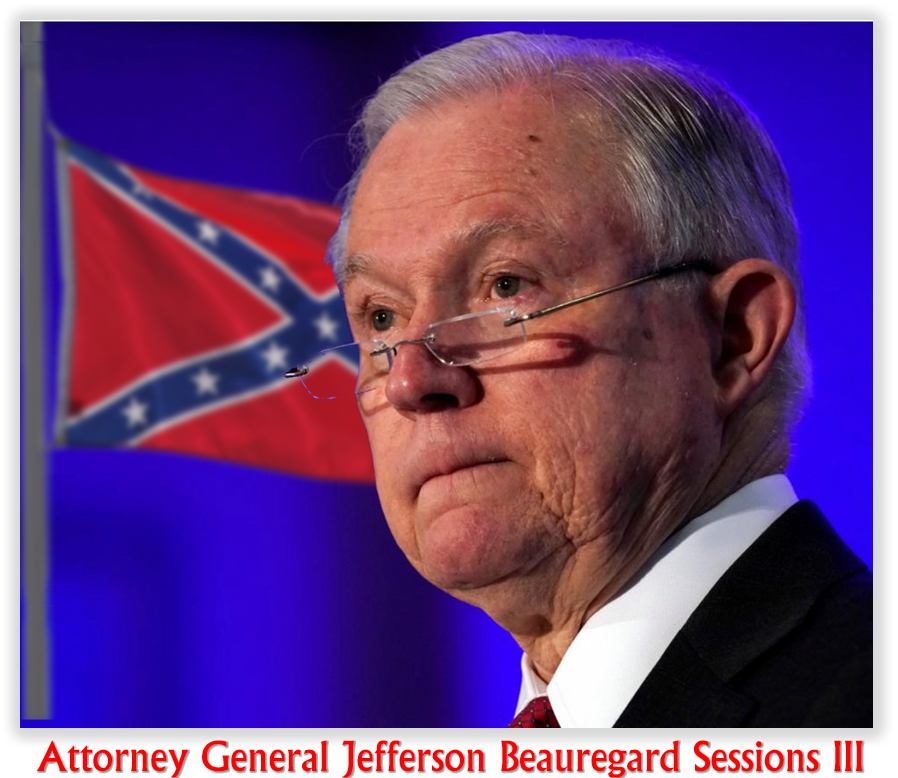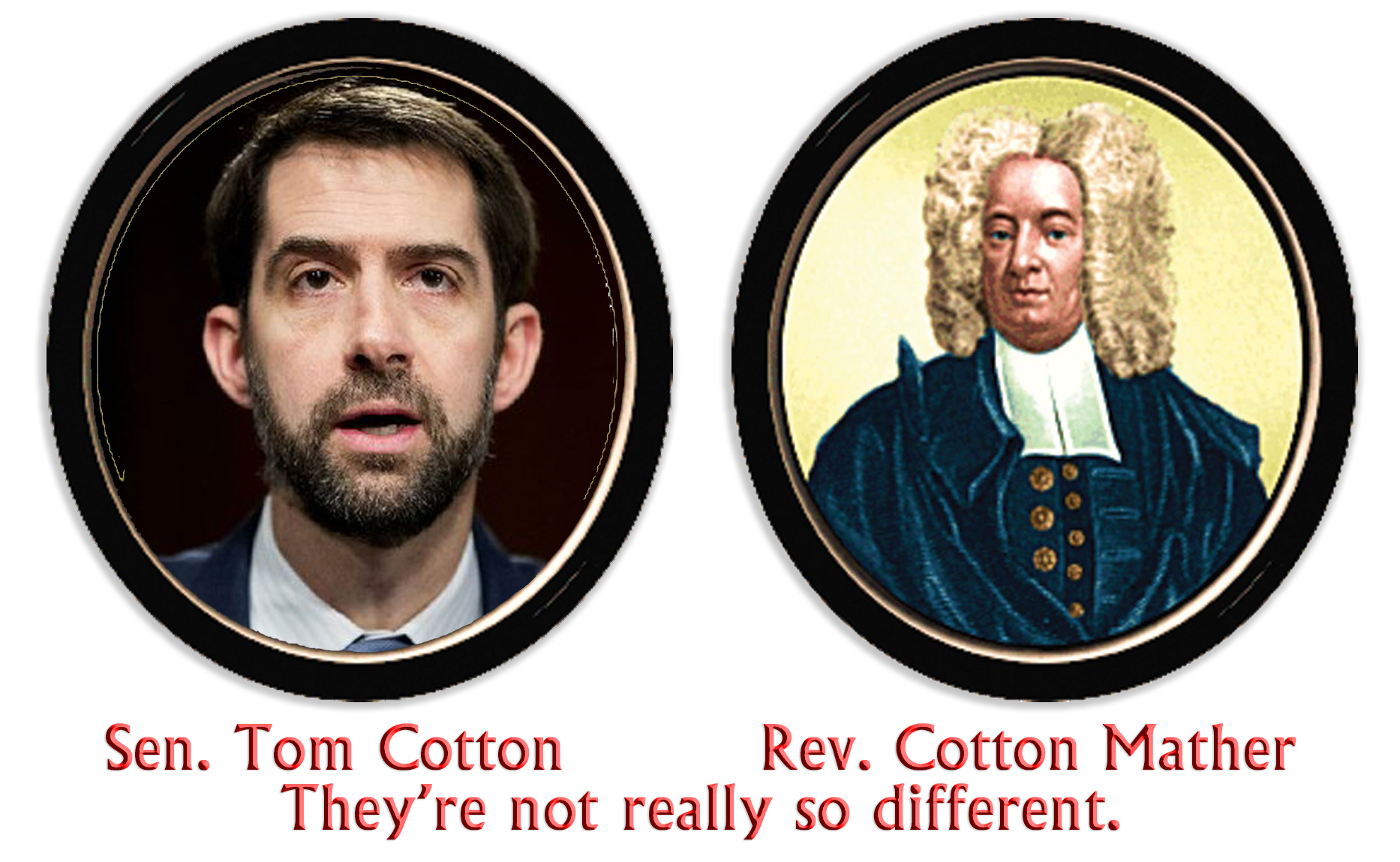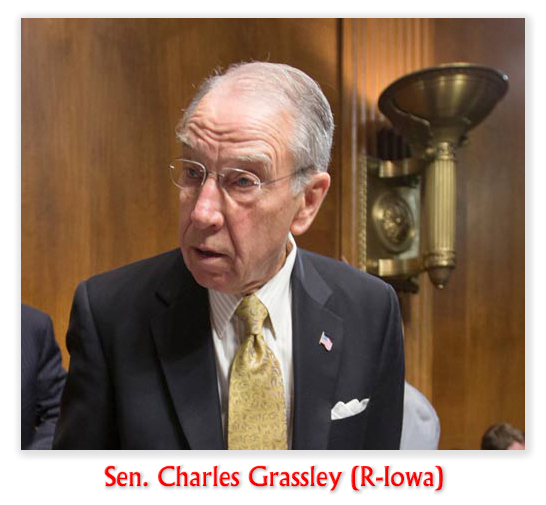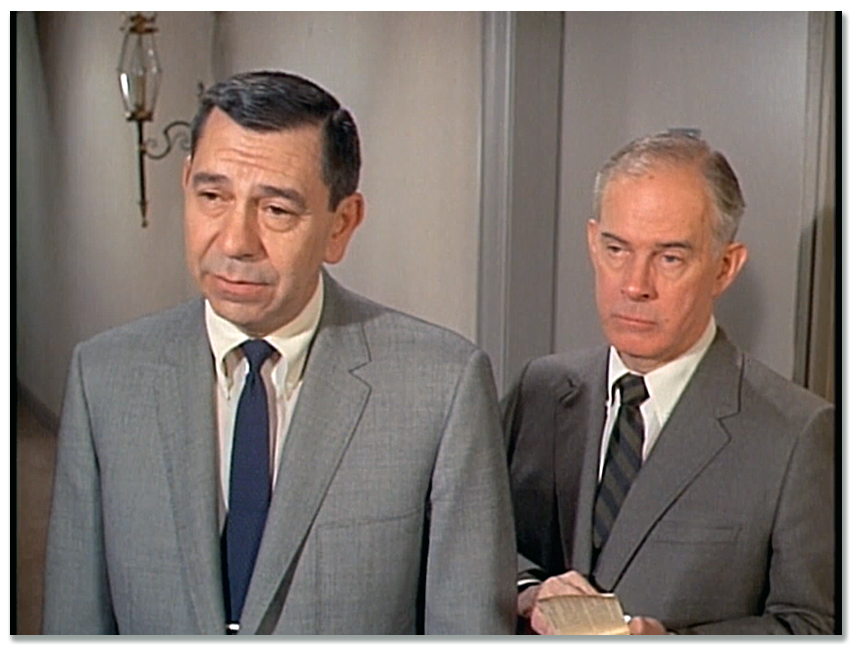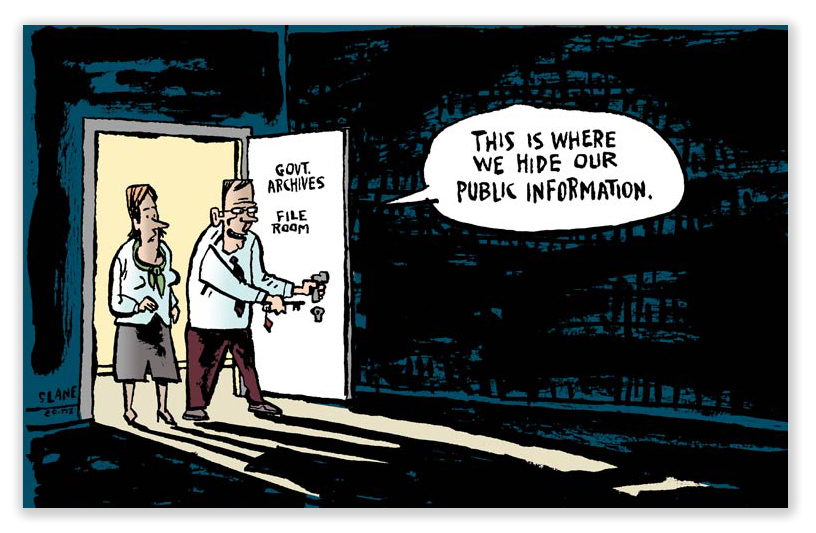We post news and comment on federal criminal justice issues, focused primarily on trial and post-conviction matters, legislative initiatives, and sentencing issues.

KUSHNER PUTS PRESSURE ON SENATE TO PASS REFORM BILL
 Jared Kushner, son-in-law and senior advisor to the President, told reporters last week that the White House is “very close” to finalizing a criminal-justice-reform package that combines the Sentencing Reform and Corrections Act (S.1917) and the FIRST STEP Act (S.2795), to break a Senate logjam due to internal Republican Party divisions. The House passed a pared-down criminal-justice bill earlier this year with significant bipartisan margins.
Jared Kushner, son-in-law and senior advisor to the President, told reporters last week that the White House is “very close” to finalizing a criminal-justice-reform package that combines the Sentencing Reform and Corrections Act (S.1917) and the FIRST STEP Act (S.2795), to break a Senate logjam due to internal Republican Party divisions. The House passed a pared-down criminal-justice bill earlier this year with significant bipartisan margins.
Kushner has worked for months with key House lawmakers and senators to shepherd through a legislative package that reforms federal prison policy and mandatory-minimum sentencing laws. The measure is still far from being signed into law and otherwise allies of the White House, such as Sen. Tom Cotton (R-Ark.), are determined to kill it.
Ten days ago, Kushner turned up the pressure on Majority Leader Mitch McConnell (R-Kentucky) to bring the revised FIRST STEP Act to a vote. Kushner is touting a Kentucky poll showing that 70% of those surveyed support FIRST STEP to convince McConnell to bring the issue to a vote. Kushner told the media he has spoken several times with Trump about FIRST STEP, which passed the House in May on a 360 to 9 vote.
The legislation has been met with divisions in the Senate where critics, including Sens. Charles Grassley (R-Iowa) and Richard Durbin (D-Illinois) say it does not address the “front end” problem of longer prison sentences which have fueled decades of growth in the federal prison population.
A recent White House-driven compromise to the Senate version of FIRST STEP would loosen mandatory minimum sentences for repeat non-violent drug offenders and scrap the “three-strike” mandatory life in prison provision. A spokesman for McConnell said he discussed the hybrid bill 10 days ago week with Kushner, Grassley, and Sens. John Cornyn (R-Texas) and Mike Lee (R-Utah).
 McConnell “made it clear” after the meeting that the hybrid FIRST STEP/SRCA won’t come up for a vote before the November election. McConnell’s spokesman. said that although McConnell did not commit to holding a vote, “proponents of the legislation will continue to discuss the issue with their colleagues followed by a whip count after the October session to accurately assess the Conference’s view on the issue.”
McConnell “made it clear” after the meeting that the hybrid FIRST STEP/SRCA won’t come up for a vote before the November election. McConnell’s spokesman. said that although McConnell did not commit to holding a vote, “proponents of the legislation will continue to discuss the issue with their colleagues followed by a whip count after the October session to accurately assess the Conference’s view on the issue.”
The Washington Post, Jared Kushner ramps up push for criminal justice reform (Aug. 30, 2018)
Lexington, Kentucky, Herald-Leader, Jared Kushner joins campaign to press McConnell on criminal justice reform (Aug. 30, 2018)
– Thomas L. Root


